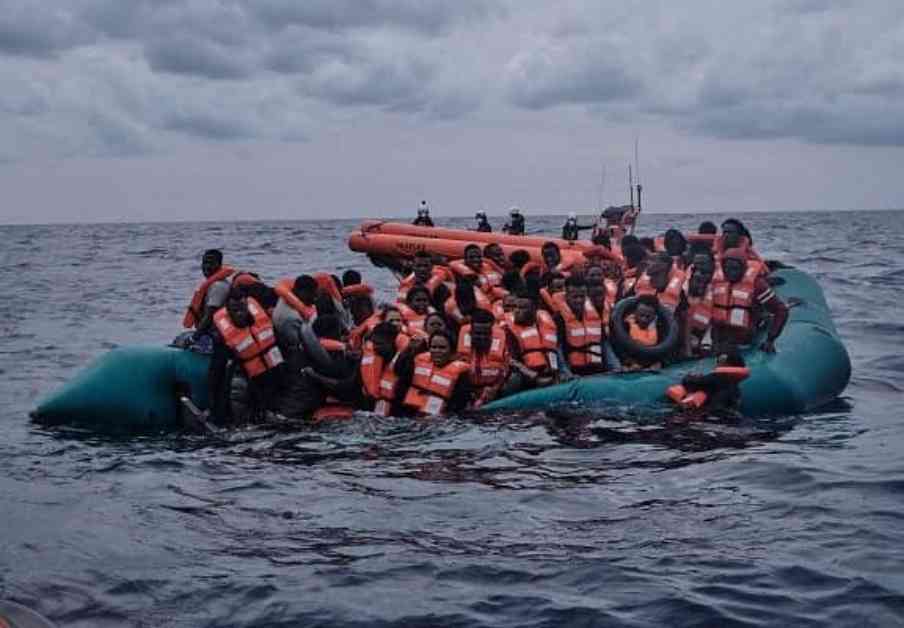The Shadow Home Secretary, Chris Philp, criticized the Labour party for their failure to prevent the increasing number of migrants crossing the English Channel. According to maritime security sources, almost 33,000 migrants have crossed the channel this year, with 781 migrants crossing over from France last weekend alone. Philp pointed out that since the election, the number of crossings has increased by 50% compared to the previous four months and by 15% compared to the same period last year. He emphasized the need for reinstating the Rwanda scheme, which was scrapped before it could even begin, to act as a deterrent.
A maritime security source revealed that criminal gangs are willing to send out small boats even in challenging conditions, leading to a record number of crossings in October. This has resulted in an increase in small boat rescues and migrant deaths. Labour leader, Starmer, called for global cooperation to address the migration crisis and tackle smuggling routes upstream. However, a Home Office official expressed skepticism about the effectiveness of Labour’s plans, as smugglers are likely to find ways to adapt and bypass government measures.
It is evident that stopping dangerous small boat crossings is a priority for the UK government, as these crossings endanger lives and compromise border security. The government is committed to dismantling the operations of people-smuggling gangs and holding them accountable for their actions. The situation calls for collaboration not only within the UK but also with other European countries to effectively address the root causes of the migration crisis.
The current scenario highlights the complexity of the migration issue and the need for comprehensive strategies to combat illegal crossings. It is essential to address the factors driving migrants to undertake dangerous journeys and to disrupt the activities of criminal networks involved in human trafficking. By working together and sharing resources and intelligence, countries can enhance their efforts to prevent irregular migration and protect vulnerable individuals from exploitation.
In conclusion, the challenges posed by Channel crossings require a coordinated and proactive response from all stakeholders involved. While political debates and criticisms continue, it is crucial to prioritize the safety and well-being of migrants and to uphold the integrity of border control measures. By addressing the underlying issues and collaborating on effective solutions, the UK and its European partners can work towards a more secure and sustainable approach to managing migration flows.












